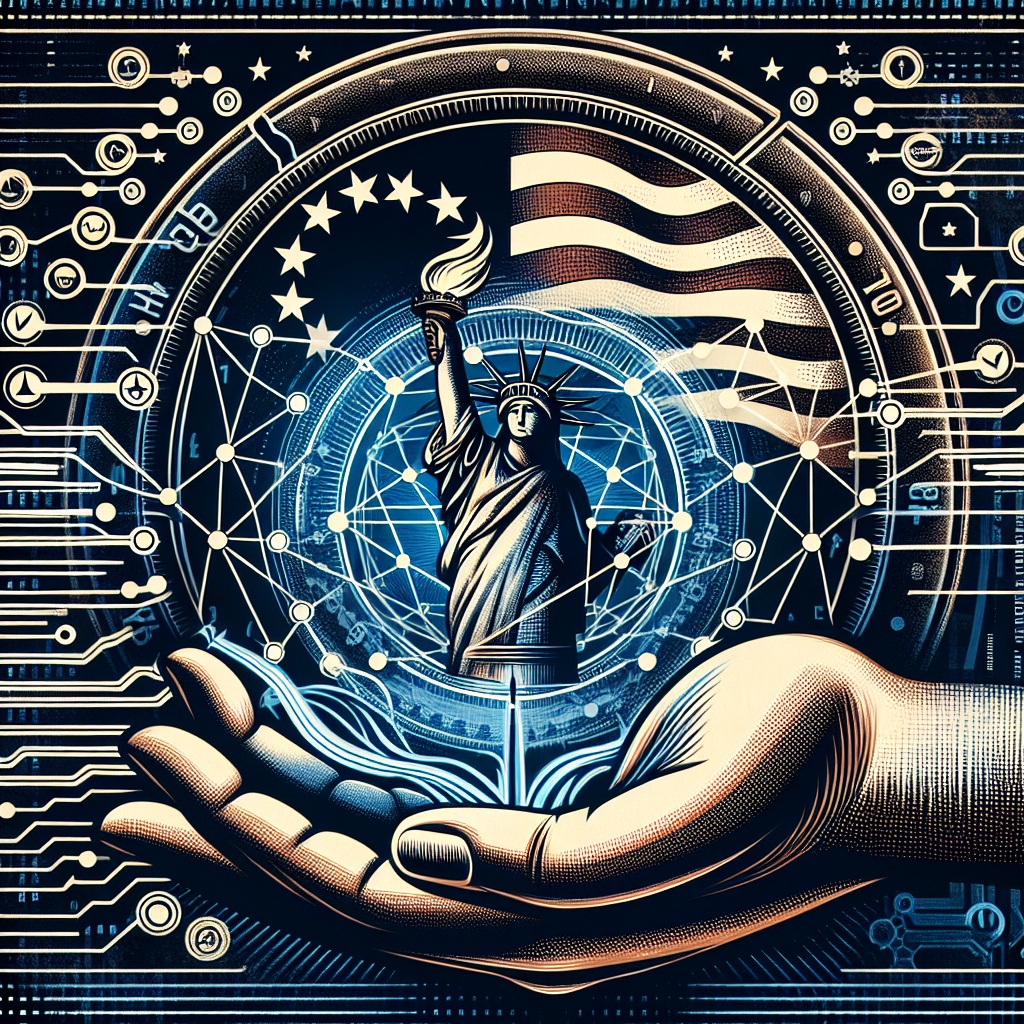Libertarianism and Technology: Navigating the Future of Digital Freedom
In an age where technology is deeply embedded in our daily lives, the fusion of libertarian ideals with the rapidly evolving digital landscape presents both opportunities and challenges. Understanding how these philosophies intersect can provide valuable insights into the future of digital freedom.
What is Libertarianism?
Libertarianism is a political ideology centered around individual liberty, free markets, and minimal government intervention. Advocates of libertarianism argue for the protection of personal freedoms, including the freedom of speech, privacy, and the right to make personal choices without coercive interference. As technology continues to develop at a blistering pace, the principles of libertarianism challenge us to rethink governance, privacy, and individual rights in the digital realm.
The Impact of Technology on Personal Freedom
Technological advancements have significantly changed our interactions, economies, and social structures. They have democratized access to information, allowing individuals to express themselves and share ideas broadly. However, this rapid advancement has also led to concerns over surveillance, data privacy, and individual rights. Libertarian theorists highlight that true technological progress should not come at the expense of personal freedoms.
The Role of Privacy in the Digital Age
Privacy is one of the cornerstones of libertarian philosophy. With the prevalent use of social media, online services, and smart devices, concerns over personal data collection and surveillance have surged. Libertarians advocate for stronger privacy protections and transparency from both corporations and governments, arguing that individuals should have the ultimate control over their data.
Cryptography and Individual Empowerment
Cryptography stands as a fundamental technology that embodies libertarian principles. By allowing for secure and private communications, cryptocurrency, and decentralized applications, cryptography empowers individuals to maintain autonomy over their financial and personal information. Technologies like blockchain provide a way to transact without the need for intermediaries, aligning with the libertarian ideal of reducing government involvement in private affairs.
The Challenge of Regulation in the Tech Industry
As technology seeks to innovate and challenge the status quo, the debate over regulation becomes increasingly pronounced. Libertarians typically advocate for minimal regulation, positing that markets are better suited to self-regulate than governmental bodies. However, as new technologies like artificial intelligence and biotechnology emerge, a delicate balance must be struck to ensure safety and encourage innovation while maintaining individual freedoms.
Maintaining Innovation Amid Government Intervention
History has shown that excessive governmental control over technology can stifle innovation. Libertarians argue that a hands-off approach fosters creativity, competition, and consumer choice. The rise of the gig economy and specialized startups illustrates how a regulatory-friendly environment can propel innovation and provide opportunities for countless individuals. For example, technology companies that focus on decentralized models can disrupt traditional industries while respecting personal freedoms.
The Dangers of Censorship and Content Moderation
In the digital realm, censorship and content moderation remain contentious issues. Libertarians argue that free speech must be upheld in all venues, including online platforms. The challenge lies in how to prevent harmful misinformation without infringing upon individual rights. Striking the right balance between protecting free expression and curbing real harm is crucial for a fair digital ecosystem.
The Future of Digital Freedom: A Libertarian Perspective
As we look towards the future, there are several trends and technologies that align with libertarian principles and promise to enhance digital freedom.
Rise of Decentralized Technologies
Decentralized technologies, such as blockchain and peer-to-peer networks, are gaining traction as alternatives to traditional centralized models. These technologies empower individuals by distributing power and reducing the influence of central authorities, thereby promoting greater individual autonomy.
Digital Rights Movements
Efforts surrounding digital rights have gained significant momentum, emphasizing the importance of universal access to the internet, privacy rights, and freedom from government surveillance. These movements align closely with libertarian viewpoints, advocating for legislation that protects individual rights in the digital age.
The Challenge of Balancing Security and Freedom
In the quest for digital freedom, we must also grapple with the need for security. Libertarians argue that while security is important, it should not come at the expense of personal liberties. The future will likely involve rigorous debates on how to maintain safety online without infringing upon fundamental rights.
Conclusion: Embracing Libertarian Values in a Digital World
The intersection of libertarianism and technology presents a unique lens through which to examine our current and future digital landscape. As we navigate the complexities of our increasingly connected world, it is essential to prioritize the protection of individual freedoms and rights. By aligning technological advancements with libertarian principles, we can work towards a more liberated and innovative digital future, where freedom thrives, and innovation flourishes.
With ongoing discussions about privacy, regulation, and digital rights, the path forward will require vigilance, advocacy, and a commitment to preserving the essence of personal liberty in the age of technology.
Share this content:












Post Comment